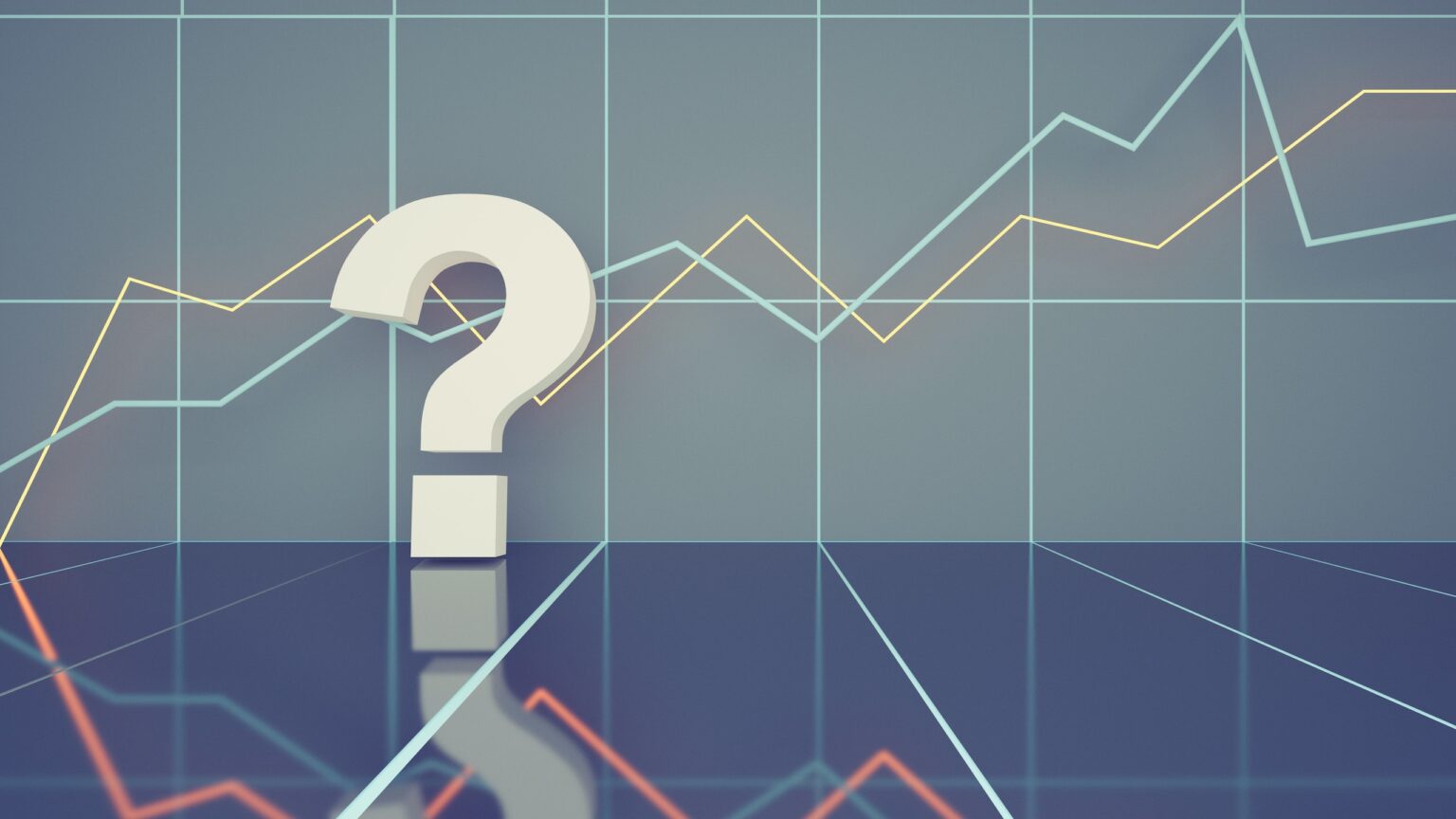Alejandro Lopez-Lira, a finance professor at the University of Florida, has suggested large language models like ChatGPT from OpenAI may be used to predict stock market behaviour.
AI technology is expanding its sphere of influence each day, especially after the trend set by ChatGPT since its launch last November. Recently, Chinese scientists have developed an advanced AI weather forecasting system called FengWu.
The FengWu is able to predict highly accurate global medium-range weather forecasts for up to 10 days within 30 seconds. In addition, ChatGPT is being used for many human-like jobs, including school tasks, judicial decisions, civil service, and much more.
Read Also: ‘AI Will Affect White Collar Jobs too’
And now Lopez-Lira and his partner Yuehua Tang are exploring the AI-powered chatbot’s ability to predict the stock market.
The professor utilized the OpenAI tool to analyze news headlines for their impact on the stock price of specific companies, and to predict the direction of the following day’s returns.
“The fact that ChatGPT is understanding information meant for humans almost guarantees if the market doesn’t respond perfectly, that there will be return predictability,” said Lopez-Lira.
Higher accuracy in prediction
According to a recent paper, which was not reviewed by the professor, results of this analysis show that the accuracy of ChatGPT’s predictions was significantly higher than random chance.
The results were unexpected and indicate that advanced investors have not yet incorporated machine learning techniques similar to ChatGPT into their trading methods, notes Lopez-Lira.
“On the regulation side, if we have computers just reading the headlines, headlines will matter more, and we can see if everyone should have access to machines such as GPT,” said Lopez-Lira.
In addition, the rise of machine learning models could have implications on the landscape of financial analysts’ employment. The question remains whether companies will continue to employ analysts or choose to rely on models that can process textual information, explains Lopez-Lira.
#EconTwitter New paper with @YuehuaTang:
"Can ChatGPT Forecast Stock Price Movements?"
Using news headlines, we explore #ChatGPT's potential in predicting stock market returns.[1/7]https://t.co/gY4sttWYhx— Alejandro Lopez-Lira (@alejandroll10) April 10, 2023
Professor Lopez-Lira and colleague Tang fed over 50,000 stock-related headlines into ChatGPT. The model pretended to be a financial expert and gave a stock recommendation based on whether the headline conveyed good news, bad news, or uncertainty.
The model’s predictions were compared to actual stock returns the following day; ChatGPT outperformed chance predictions and commercial datasets with human sentiment scores.
The interest of hedge funds is likely to have been piqued, but researchers warn of declining effectiveness as more institutions adopt the technology.
Bad news for technical analysts?
Goldman Sachs estimated that about 35% of financial industry jobs are at risk of automation by AI.
ChatGPT’s ability to understand financial news headlines and predict their impact on stock prices could contribute to this risk. As a result, high-paying jobs in the financial industry may be threatened by this emerging technology.
“AI is going to help us with teaching kids; it’s going to help us with access to healthcare workers, making healthcare more efficient,” said co-founder of Microsoft and billionaire Bill Gates.
However, there is also a theory that jobs could be enhanced by AI, rather than completely replaced.
“In terms of jobs, I think it’s primarily an enhancer than full replacement of jobs,” said Oded Netzer, a professor at Columbia Business School.









 and then
and then